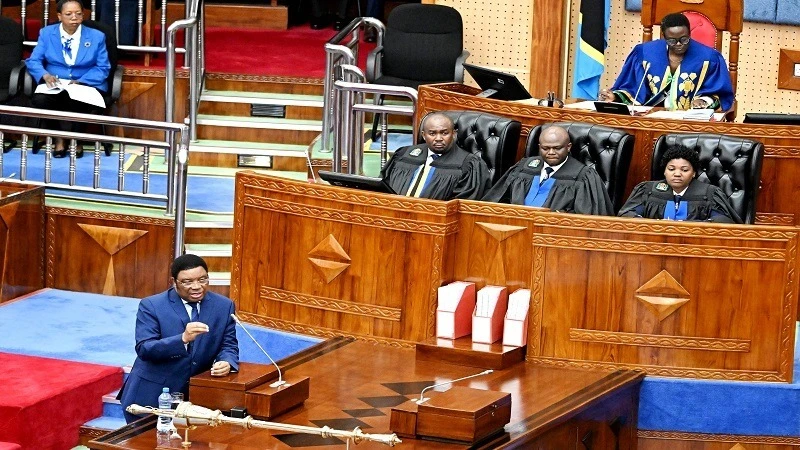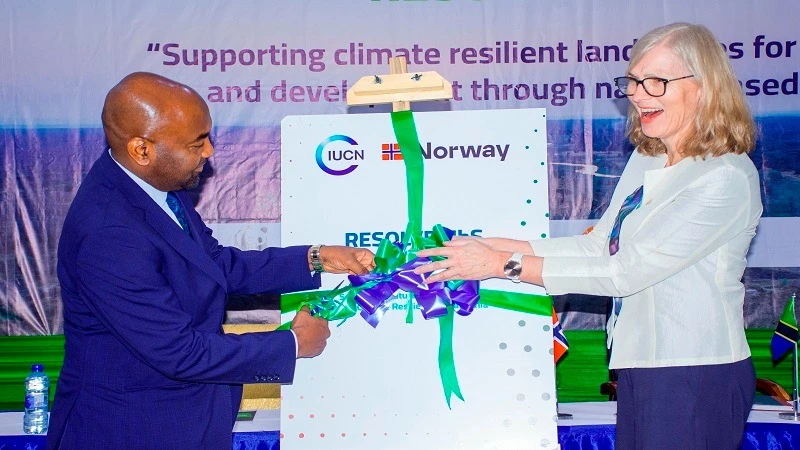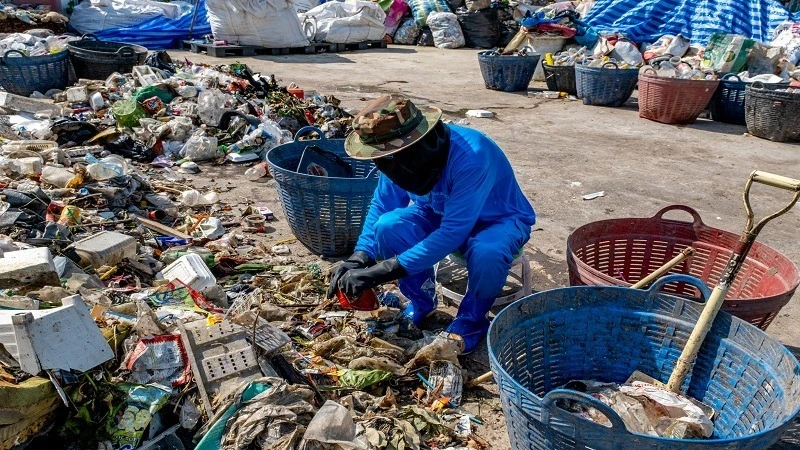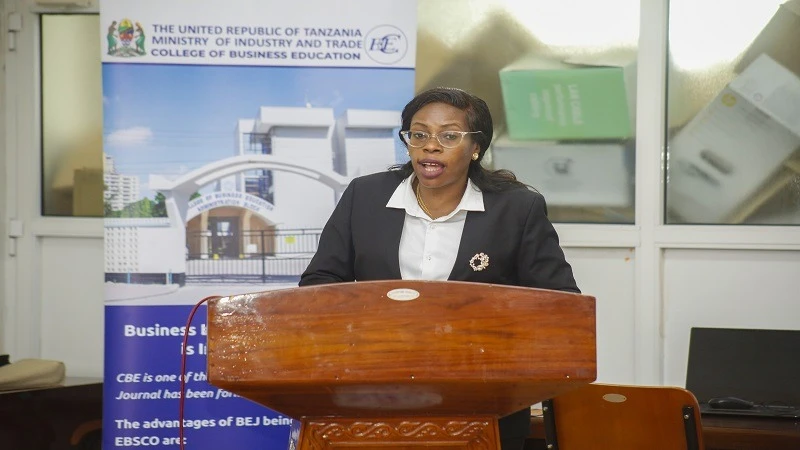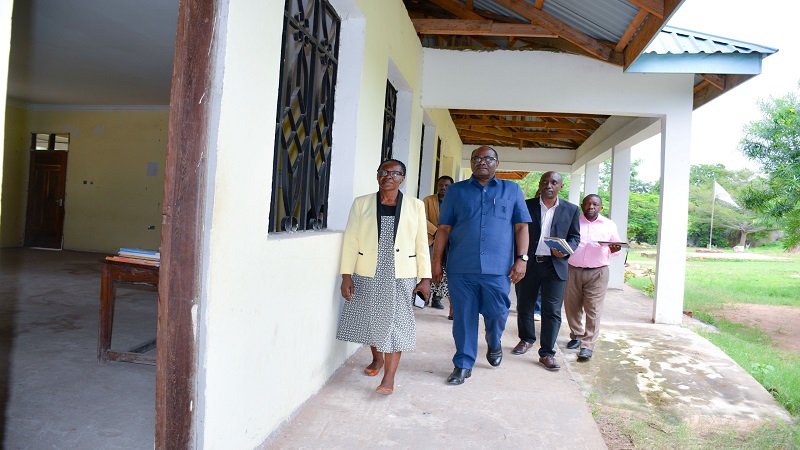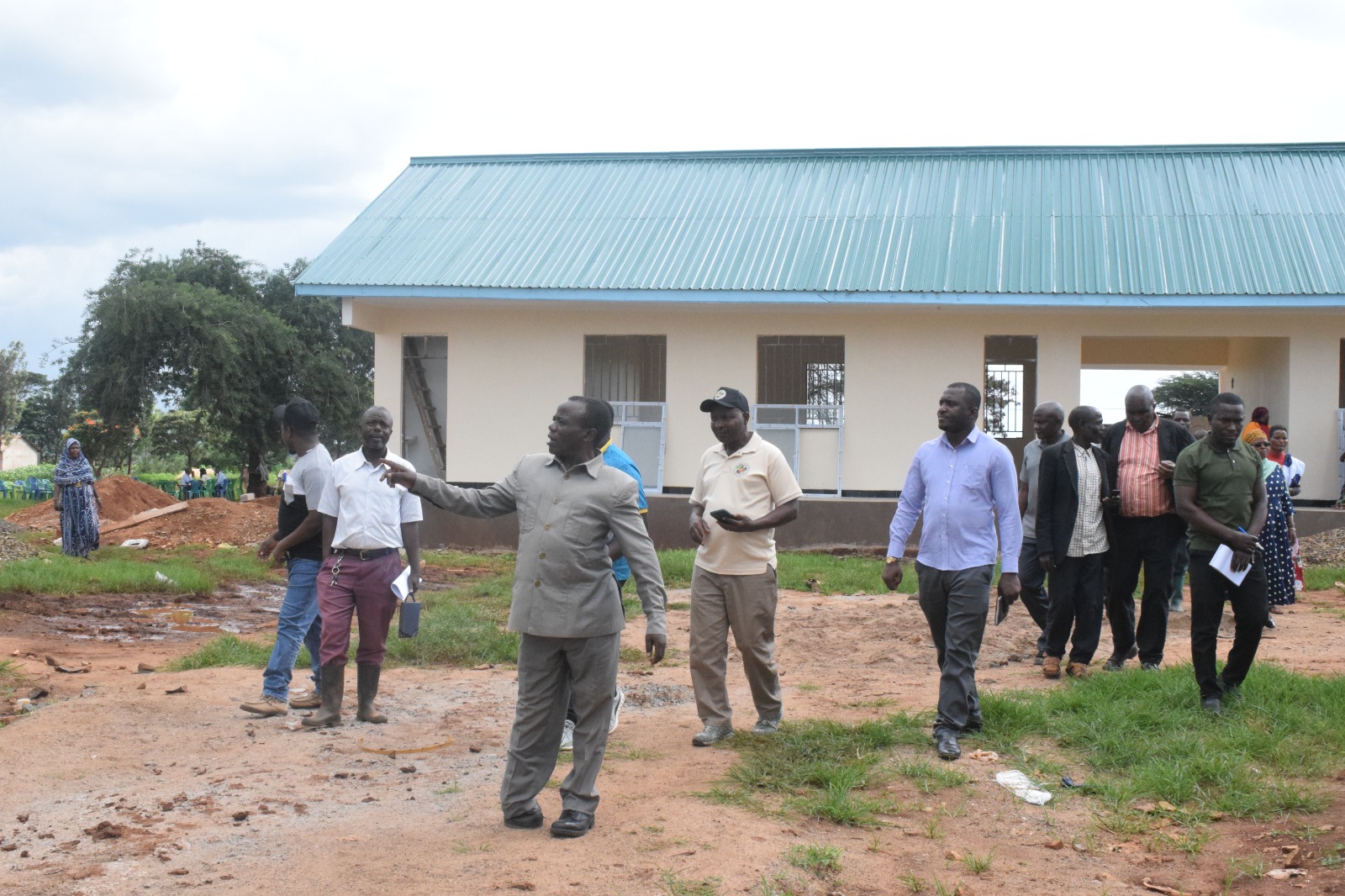Powering Progress: Potential of the Rufiji basin Water Board as heart of Tanzania hydro power
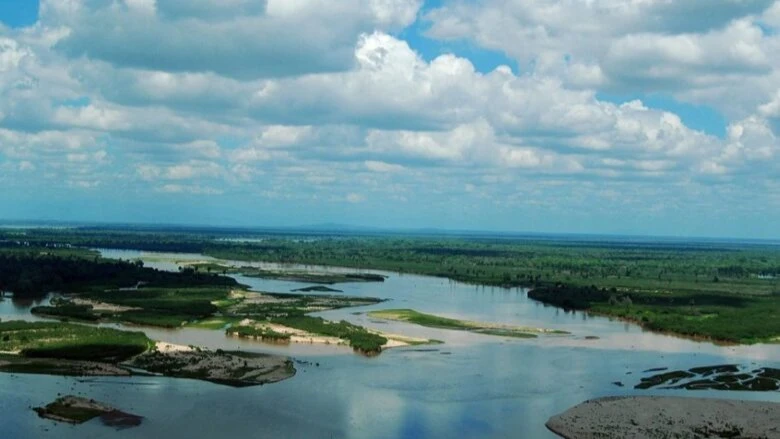
THE Rufiji River Basin, stretching over 177,429 km², stands as the largest river basin in Tanzania and East Africa, covering 20 percent of Tanzania’s total land area. The Rufiji Basin Water Board (RBWB), under the Ministry of Water, plays a critical role in managing this vast and diverse region.
The Basin's significance extends beyond its sheer size; it is a vital artery of Tanzania’s economy and a crucial source of hydroelectric power, supporting major dams such as Mtera, Kidatu, Kihansi, and the newly built Julius Nyerere Hydro Electric Dam.
The Rufiji Basin spans a remarkable elevation range from sea level at the Indian Ocean to approximately 3,000 meters in the Mbeya Region.
This geographical diversity results in a wide range of climatic conditions, from tropical humid zones in the east to temperate climates in the Southern Highlands.
Such varied conditions contribute to the basin's rich biodiversity and agricultural productivity, making it a microcosm of Tanzania’s natural wealth.
Four major rivers - the Great Ruaha, Kilombero, Luwegu, and Rufiji - drain the basin. The convergence of the Ruaha and Luwegu rivers forms the Rufiji River, which goes to the Julius Nyerere Hydropower Dam and later on it flows into the Indian Ocean.
Eng. Florence Mahay, the Director of the RBWB says management of the water resources by the RBWB is crucial for sustaining the region’s agriculture, biodiversity, and hydroelectric power generation.
Often referred to as the "bread basket" of Tanzania, the Rufiji Basin is endowed with fertile soil and a favorable climate, making it a hub for agricultural production.
The basin supports a variety of crops, contributing significantly to the national food supply and economy.
The agricultural abundance not only feeds millions but also provides livelihoods for a large segment of the population, underscoring the basin’s role in Tanzania's food security and economic stability.
The Rufiji Basin is home to several national parks and game reserves, including Kitulo, Ruaha, Mikumi, Udzungwa, and Uluguru, along with large game reserves such as Mwalimu Nyerere, Selous, Rungwa, Usangu, Mpanga/Kipengere, and Lunda.
These protected areas are vital for conservation efforts, housing numerous species of flora and fauna. The RBWB’s role in managing water resources is integral to maintaining the ecological balance and supporting the biodiversity that thrives in these regions.
The Rufiji Basin is indispensable to Tanzania’s hydroelectric power generation. The basin’s rivers are harnessed to power four major dams, namely Mtera, Kidatu, Kihansi, and the newly constructed Julius Nyerere Hydropower Dam.
These dams collectively contribute a significant portion of the country's electricity, driving industrial growth, urban development, and rural electrification.
The Julius Nyerere Hydropower Dam, a recent addition, exemplifies the government’s commitment to expanding renewable energy sources, aiming to meet the growing energy demands sustainably as stipulated in the United Nations (UN) Sustainable Development Goal, (SDGs) under Goal Seven.
The basin spans 11 administrative regions and 26 districts, influencing the lives of millions.
According to the 2022 national census, the population within the basin's districts is over 11 million, up from 3 million in 2002.
This rapid population growth has led to dynamic changes in land use, with increasing areas being brought under cultivation.
The RBWB’s management strategies must therefore balance the needs for agricultural expansion and conservation.
The Rufiji Basin Water Board is a cornerstone of Tanzania’s economic and environmental management.
Its role goes beyond ensuring the sustainable use of the basin’s vast water resources, supporting agriculture, conservation, and energy production.
The RBWB's role is not merely administrative but profoundly impactful on the livelihoods of millions of Tanzanians and the overall economic health of the nation.
Agriculture in the Rufiji Basin is a lifeline for the local population, providing employment and sustenance.
The RBWB oversees water allocation for irrigation, ensuring that farms receive adequate water supply while maintaining ecological balance.
Innovative irrigation techniques and efficient water management practices are promoted to boost crop yields and support the agricultural economy; as a result, the basin continues to be a major contributor to Tanzania’s food security.
Water resource management in the Rufiji Basin is complex, involving the regulation of river flows, maintaining water quality, and ensuring equitable distribution among various users.
The RBWB implements policies and projects aimed at sustaining water use, protecting watersheds, and preventing pollution. Through maintaining the health of the rivers and reservoirs, the board ensures a reliable water supply for domestic, agricultural, and industrial uses.
The Rufiji Basin’s rivers are the backbone of Tanzania’s hydroelectric power generation. The Mtera, Kidatu, Kihansi, and Julius Nyerere dams are critical infrastructure projects that supply a substantial portion of the country’s electricity.
The RBWB collaborates with the Tanzania Electric Supply Company (TANESCO) and other stakeholders to manage the water flow and reservoir levels, optimizing power generation while mitigating the risks of flooding and drought.
The basin’s rich biodiversity and protected areas are vital for ecological balance and tourism. National parks and game reserves within the basin attract tourists, generating revenue and creating
By Correspondent Constantine Akitanda
Top Headlines
© 2025 IPPMEDIA.COM. ALL RIGHTS RESERVED













